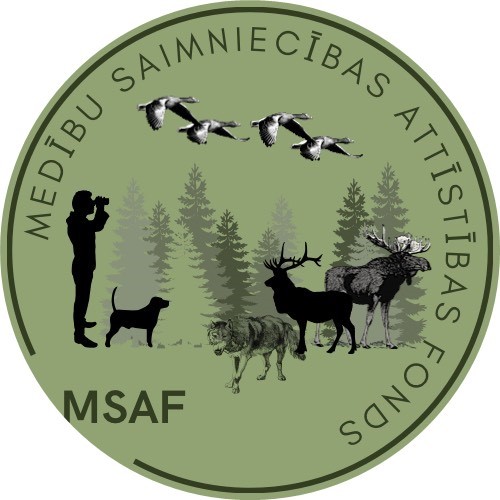Study funded by the Game Management Development Foundation

Main tasks:
- Sampling of DNA, reproductive organs and canine tooth roots from at least 40% of the hunted wolves. In cooperation with hunters, a proportion of the sampled wolves will also be used for parasitological and feeding studies.
- Laboratory processing and analyses of collected material for age and fecundity index determination.
- DNA analyses of hunted wolves and non-invasive samples taken from the livestock killed at farms.
- Linking genetic data among locations in entire sample pool to identify wolf distribution core areas and sporadic occurrence zones.
- Providing Latvian authorities and foreign partners with scientifically based and comparable data on wolf populations.
- Raising public awareness via communication with hunters in person and via media.
Activities
- A social questionnaire survey on public attitudes towards large carnivores has been started in collaboration with Tartu University of Life Sciences and Lithuanian Nature Research Center.